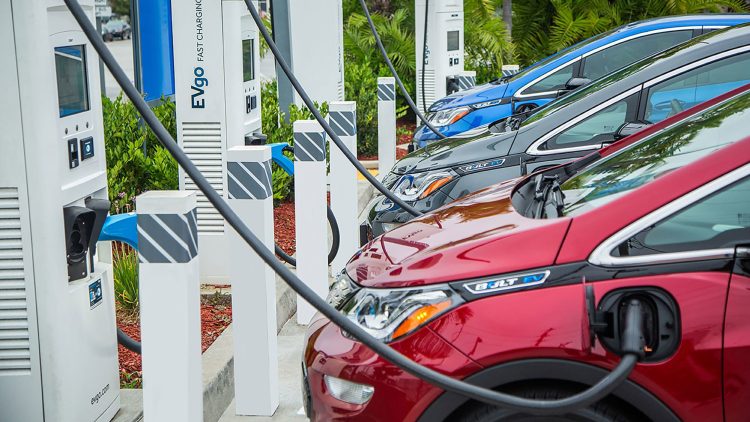After fuel prices surged in Ethiopia earlier this year, Awgachew Seleshi opted to purchase an electric vehicle, aligning with the government’s initiative to phase out gas-powered cars.

However, months later, he is reconsidering whether this was the best choice.
Seleshi is grappling with several issues, including inconsistent electricity supply in Addis Ababa, the capital, and a lack of spare parts. “Charging my car has become a challenge,” he noted.
“The spare parts imported from China are costly, there are few mechanics qualified to repair these vehicles, and their resale value is low.”
His difficulties reflect broader challenges facing Ethiopia. In January, the country became the first globally to prohibit the import of non-electric private vehicles.
This move alleviated some pressure on the government, which spends limited foreign currency subsidizing fuel costs, but it also highlighted a rising interest in electric vehicles as global demand for greener technologies increases to combat climate change.
Earlier this month, the Ethiopian government increased fuel prices by up to 8% as part of a strategy to gradually eliminate all fuel subsidies in Africa’s second-most populous nation.
























































![[FREE FREE MONEY] Predict and Win a Guaranteed GH¢200 From Us EVERY WEEK](https://wordpress.ghanatalksradio.com/wp-content/uploads/2022/02/Predict-and-Win-Final-09-03-2021-218x150.jpg)
![[Predict & Win – 8th/Oct.] WIN A Guaranteed ¢200 From Us This Week](https://wordpress.ghanatalksradio.com/wp-content/uploads/2021/10/maxresdefault-16-218x150.jpg)
![[Predict & Win – 2nd] WIN A Guaranteed ¢200 From Us This Week](https://wordpress.ghanatalksradio.com/wp-content/uploads/2021/09/maxresdefault-50-218x150.jpg)
![[Predict & Win – 25th] WIN A Guaranteed ¢200 From Us This Week](https://wordpress.ghanatalksradio.com/wp-content/uploads/2021/09/maxresdefault-36-218x150.jpg)
![[Predict & Win – 18th] WIN A Guaranteed ¢200 From Us This Week](https://wordpress.ghanatalksradio.com/wp-content/uploads/2021/09/maxresdefault-23-218x150.jpg)







![[National cathedral] See full list of churches that have contributed since 2018](https://wordpress.ghanatalksradio.com/wp-content/uploads/2020/09/Ghana-National-Cathedral-GhanaTalksRadio-100x70.jpg)



